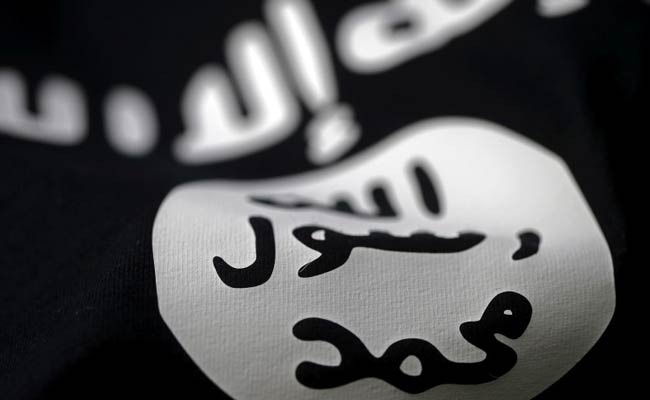ISIS Says It Killed Two Chinese Teachers Kidnapped In Pakistan
China's Foreign Ministry said it noted the report and expressed "grave concern".

The Chinese side is firmly opposed to the acts of kidnapping civilians in any form. (Representational)
CAIRO/QUETTA, PAKISTAN: ISIS has killed two Chinese teachers it kidnapped in Pakistan's southwestern Baluchistan province last month, the terror group's Amaq news agency said on Thursday, in a blow to Islamabad's efforts to safeguard Chinese workers. China's Foreign Ministry said it was "gravely concerned" about the report and working to verify the information. Armed men pretending to be policemen kidnapped the two language teachers in the provincial capital, Quetta, on May 24. The kidnapping was a rare security incident involving Chinese nationals in Pakistan, where Beijing has pledged $57 billion for its "Belt and Road" plan.
"Islamic State fighters killed two Chinese people they had been holding in Baluchistan province, southwest Pakistan," Amaq said.
A Baluchistan government spokesman said officials were in the process of confirming "whether the report is true".
China's Foreign Ministry said it noted the report and expressed "grave concern".
"We have been trying to rescue the two kidnapped hostages over the past days," the ministry said in a short statement.
"The Chinese side is working to learn about and verify relevant information through various channels, including working with Pakistani authorities," it added.
"The Chinese side is firmly opposed to the acts of kidnapping civilians in any form, as well as terrorism and extreme violence in any form."
There was no immediate comment from Pakistan's interior ministry or its foreign office.
ISIS, which controls some territory in neighbouring Afghanistan, has struggled to establish a presence in Pakistan. But it has claimed several major attacks, including one on the deputy chairman of the Senate last month in Baluchistan, in which 25 people were killed.
Earlier on Thursday, Pakistan's military published details of a three-day raid on a terrorist hideout in a cave not far from Quetta, saying it had killed 12 "hardcore terrorists" from a banned local Islamist group and prevented ISIS from gaining a "foothold" in Baluchistan.
China's ambassador to Pakistan and other officials have often urged Islamabad to improve security, especially in Baluchistan, where China is building a new port and funding roads to link its western regions with the Arabian Sea.
(Reporting by Ali Abdelaty in CAIRO and Gul Yousufzai in Quetta; Additional reporting by Ben Blanchard in BEIJING; Writing by Ahmed Aboulenein, Drazen Jorgic; Editing by Giles Elgood, Larry King and Jonathan Oatis)
"Islamic State fighters killed two Chinese people they had been holding in Baluchistan province, southwest Pakistan," Amaq said.
A Baluchistan government spokesman said officials were in the process of confirming "whether the report is true".
China's Foreign Ministry said it noted the report and expressed "grave concern".
"We have been trying to rescue the two kidnapped hostages over the past days," the ministry said in a short statement.
"The Chinese side is working to learn about and verify relevant information through various channels, including working with Pakistani authorities," it added.
There was no immediate comment from Pakistan's interior ministry or its foreign office.
ISIS, which controls some territory in neighbouring Afghanistan, has struggled to establish a presence in Pakistan. But it has claimed several major attacks, including one on the deputy chairman of the Senate last month in Baluchistan, in which 25 people were killed.
Earlier on Thursday, Pakistan's military published details of a three-day raid on a terrorist hideout in a cave not far from Quetta, saying it had killed 12 "hardcore terrorists" from a banned local Islamist group and prevented ISIS from gaining a "foothold" in Baluchistan.
China's ambassador to Pakistan and other officials have often urged Islamabad to improve security, especially in Baluchistan, where China is building a new port and funding roads to link its western regions with the Arabian Sea.
(Reporting by Ali Abdelaty in CAIRO and Gul Yousufzai in Quetta; Additional reporting by Ben Blanchard in BEIJING; Writing by Ahmed Aboulenein, Drazen Jorgic; Editing by Giles Elgood, Larry King and Jonathan Oatis)
© Thomson Reuters 2017

No comments:
Post a Comment